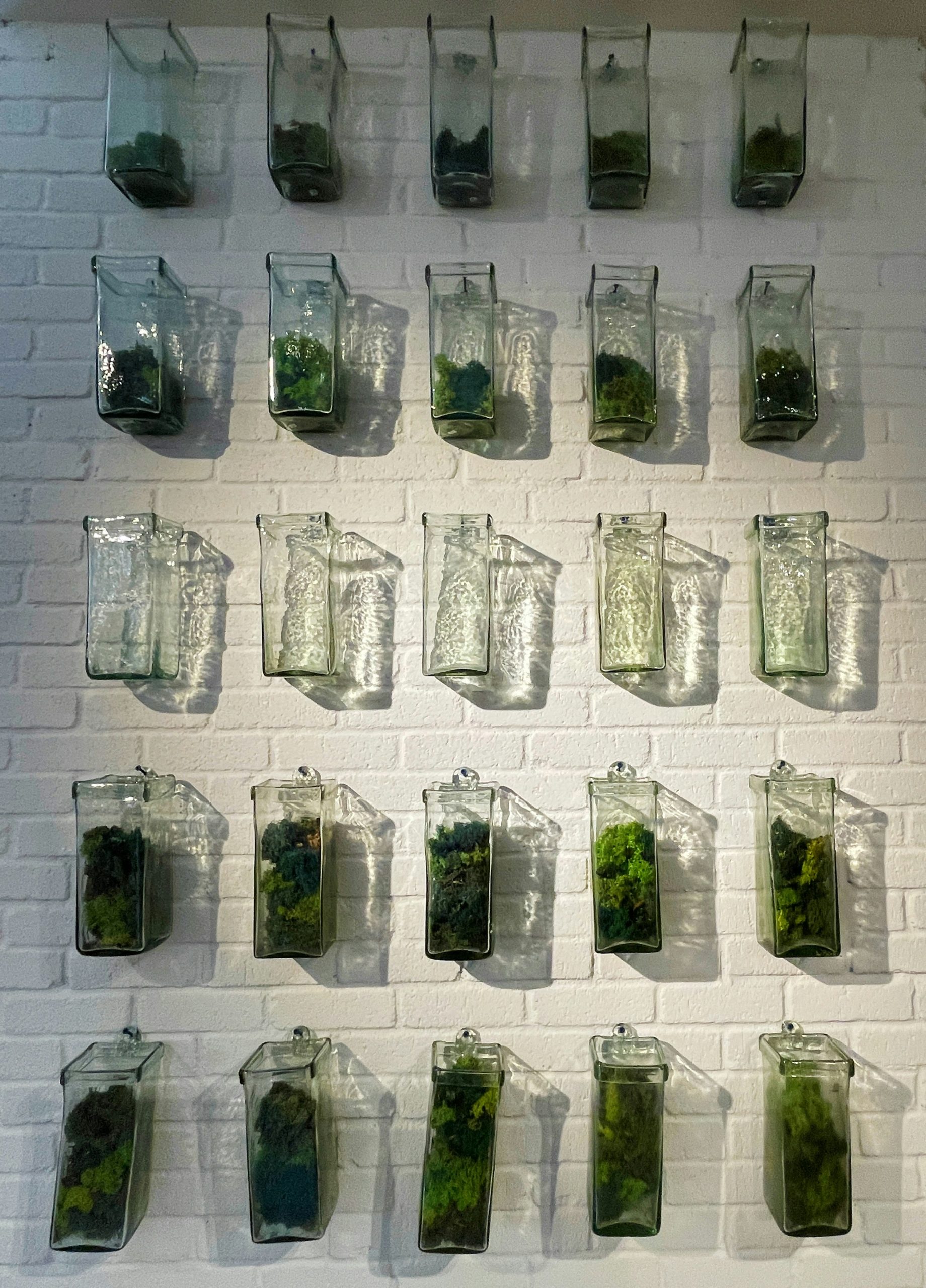Vision takes a look inside the futuristic sustainable farm hiding in SPARK.
On the 26th of May, Vision went to a vertical farm in Spark, York. Part of Fix Our Food, a project aimed at fixing issues in the UK’s food system, Grow it York has three streams: regenerative farming, sustainable and healthy food for children, and working with hybrid business models to ensure better consumption and production. This particular project is a part of the Hybrid Business stream which aims to provide sustainable business models for businesses and social enterprises.
This means that there is a lot of experimentation as to how best to do this. For example, there are experiments on usage of different fibres as the base for the seeds to grow in, from carpet fibres to hemp and coconut fibre mats, as well as experimenting with the use of different light sources to try and achieve the best energy efficiency. The plants grow as part of an aeroponics system – similar to a hydroponics system but instead of having the plants sit in the water, water is sprayed at the roots of the plant from below. This helps reduce the amount of water that is being used as less is then lost to evaporation, and the rest can then be recycled.
The project, funded by the Strategic Priorities Fund, was allocated in 2021 and is to last 5 years. It is then hoped the project will become self-sustaining. As of right now, it is difficult to see what form that will take as the business end is in early stages. They have only recently started charging for produce such as basil and dill that they have been giving to the pizza and bagel stores in Spark. Have you ever had a pizza from Spark? If so, you may have had basil with only a few hundred yards in food miles!
Grow it York also donates all surplus produce to a local food bank, providing fresh vegetables to ensure that families can get good quality nutritious food. This shows that contributing to the public good is a central aspect of the project.
Whilst this container was primarily being used to grow herbs and leafy greens, it could be used to grow potatoes with a deeper tray, or heads of lettuce with a higher space to grow. Although, those would both be less efficient in terms of the usage of space as they would not be able to have as many trays in the container.
As with everything, this vertical farm has been affected by the energy crisis, keeping electricity prices high for the short to medium term. As a result, energy currently takes up 60% of running costs for the farm.
This project, as with all science, is a work in progress, but, with any luck, what I got to see in that shipping container in the middle of York will be a little part of a more sustainable future.
